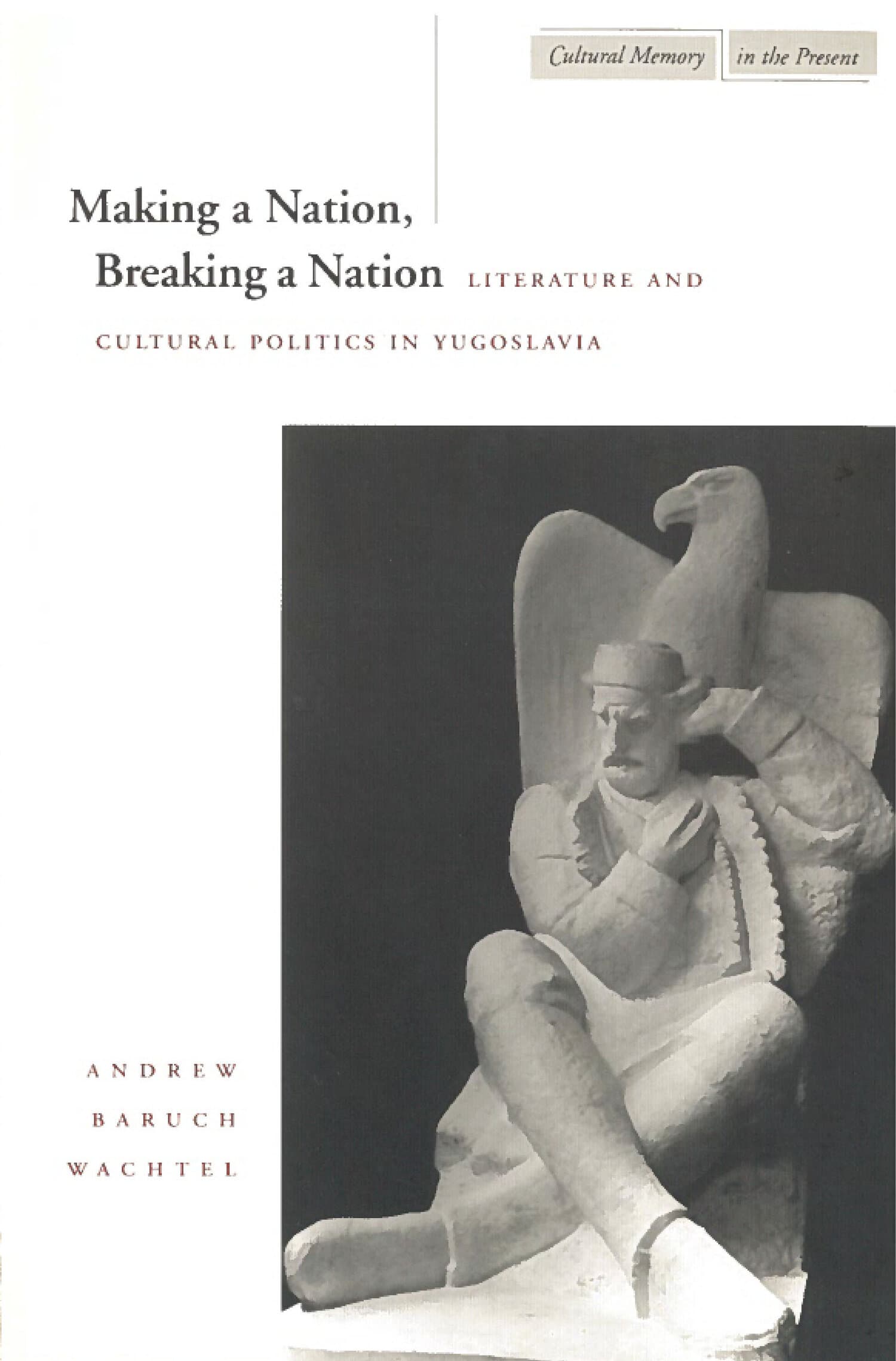War and Revolution in Yugoslavia, 1941-1945
Also Available from

This is the long-awaited second part of the author’s meticulously researched and scrupulously impartial study of the complicated and anguished history of Yugoslavia during the years of World War II. The previous volume dealt with the Chetniks, the resistance movement formed by officers of the defeated Yugoslav army who came to regard the Communist-led Partisans as their chief enemy, and who reached accords with the occupying powers—first with the Italians and then with the Germans. The present volume deals with the rule of the Axis powers in occupied Yugoslavia, along with the role of the other groups that collaborated with them—primarily the extremist Croatian nationalist organization known as the Ustashas.
The book begins by briefly describing the establishment of Yugoslavia in 1918 and its internal history during the interwar period. It then discusses the breakup of the state in April 1941, the annexation or occupation of parts of its territory by its neighbors, and the establishment by the Ustashas of the independent state of Croatia as a German-Italian quasi protectorate, focusing on its governmental policies and its problems with the Bosnian Muslims. The book also examines the role of religion during the occupation, the destruction of the Yugoslav Jewish community, and the economic exploitation of Yugoslav territory by the Axis powers. The work concludes by discussing the wartime population losses of the country and the ultimate fate of the collaborationist forces.
"There is plenty of significance in this truly monumental work of scholarship. Tomasevich's exhaustive mining of German and Italian government documents opens a fascinating window on the wartime exploitation of Yugoslavia's economic and human resources."—Choice
"The present work is the long-awaited sequel to [Tomasevich's] equally monumental War and Revolution in Yugoslavia, 1941-1945: The Chetniks. . . . War and Revolution in Yugoslavia, 1941-1945: Occupation and Collaboration aims at an academic audience, but it would be valuable to anyone interested in understanding the Yugoslav past and present. It is a must for any college library and desirable for larger public ones."—History: Reviews of New Books
"All the distinguishing features Tomasevich showed in writing the first volume are also expressed in this book, which describes how the occupying forces ruled some parts of Yugoslavia, and how their collaborators adapted under such circumstances. . . . This book, together with its predecessor, is an invaluable foundation that no new research into World War II on the territory of former Yugoslavia will be able to bypass. It promises to remain for a long time to come."—American Historical Review
"War and Revolution in Yugoslaia, 1941-1945 will almost certainly be considered the definitive work on the . . . .controversial topic of occupation and collaboration regimes in wartime Yugoslavia . . . .Tomasevich covered in meticulous and awe-inspiring detail the activities and experiences of those parts of Yugoslavia occupied by or in active collaboration with the various axis regimes during te Second World War . . . .What Tomasevich has done is certainly deserving of our highest praise. This volume, like his first, is an indispensable addition in the library of every serious scholar of Yugoslavia or the Second World War."—Canadian Slavonic Papers
"One cannot fail to be impressed by the remarkable command of research materials demonstrated throughout this study. . . . Tomasevich never shirks the need to tackle honestly the most sensitive and contentious areas of historical debate, and in this respect he has done a particular service to scholarship through his meticulous and balanced attempts to marshal the available evidence concerning Yugoslavia's losses between 1941 and 1945."—Slavic Review
"The scholarly standard achieved by Jozo Tomasevich in his two volumes of "War and Revolution in Yugoslavia" and the thought of what he would have made of volume three of the series make his death a tragedy keenly felt even by those who never knew him."—Klaus Schmider, Royal Military Academy Sandhurst
"There is much to praise about Tomasevich's contribution. His ability to make exhaustive use of the military and diplomatic archives of the major forces involved in this region is no small feat, considering the variety of languages required and the way in which these archives have been dispersed and destroyed. He offers the fullest and most objective account available of the activities of the occupiers and collaborators, together with an extensive account of the economic consequences of the occupation...—Eric Gordy, Clark University
"Tomasevich succeeds again, in his final major work, in making solidly supported and reasonable claims in an environment that has long been defined by the instrumentalization and manipulation of historical claims. He restores faith in the enterprise of history by reviving a long-absent figure—the modest professional researcher hard at work."—Eric Gordy, Clark University




